A new report from the Correctional Association of New York's Women in Prison Project found that New York state women's prisons have been shackling women while they are in labor.
Though an anti-shackling law passed in New York in 2009 expressly prohibited the shackling of incarcerated women during childbirth, the organization found that 23 of 27 women surveyed who gave birth after the law went into effect said they were shackled at least once during the process of giving birth.
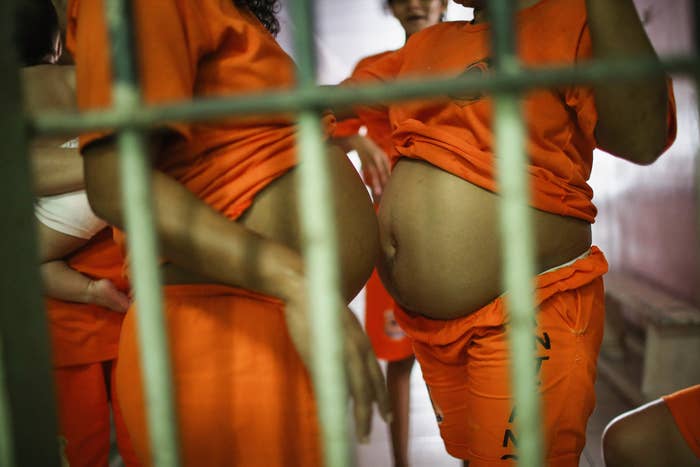
The organization interviewed 950 incarcerated women in six different prisons, 64 of whom had been pregnant while in prison.
They also looked at 25 medical charts and analyzed data from over 1,550 surveys on general conditions, reproductive health, pregnancy, and HIV.
"Women continue to be shackled ... even when they are in labor, during recovery (within hours of giving birth and for long periods of time), and on the way back to the prison (even with waist chains just days after having a C-section)," the report states.
The women interviewed at the Albion State Correctional Facility described their experiences as "painful," "horrible," and "degrading." One prisoner said, "When I came from Albion [Correctional Facility] to Bedford, I was in full restraints during the 11-hour bus ride (shackles, cuffs, waist chain, black box) at 4½ months pregnant. ... It was an awful experience I will not forget."
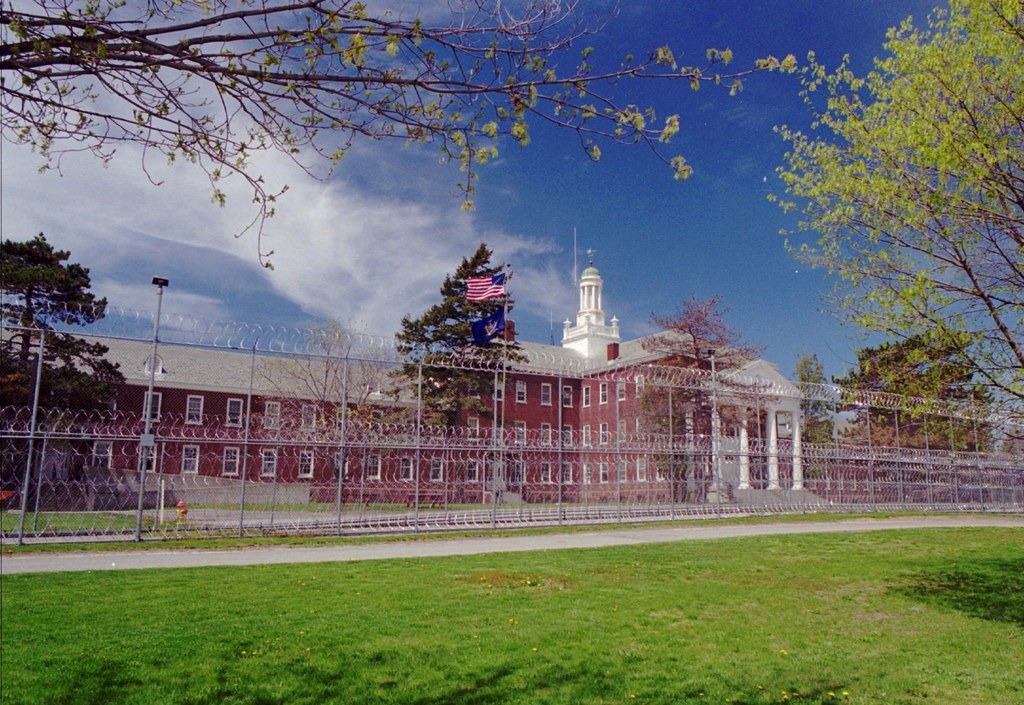
The group found evidence of other forms of mistreatment of pregnant prisoners, including insufficient food and housing conditions dangerous to the fetus.
Women universally reported that DOCCS [Department of Corrections and Community Supervision] did not give them enough food during their pregnancies. DOCCS has a special pregnancy diet, but the supplements are minimal, some women never receive them, and they include food that pregnant women are advised to avoid.
Like other women in DOCCS, many pregnant women reported inadequate heat and ventilation ... and infestations of pests in their housing areas.
Women also said that correction officers' conduct ranged from fair and professional to deeply disrespectful and abusive.
"I remember going to bed hungry many, many nights," an inmate said.
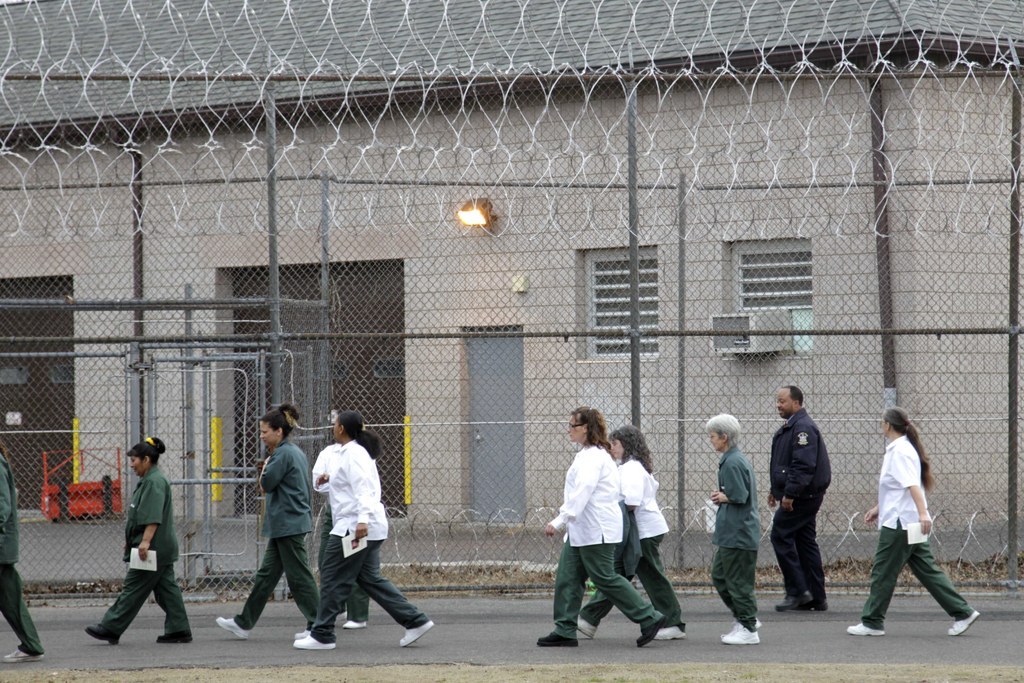
The problems don't begin and end with pregnant inmates, the Correction Association found. The majority of women reported not being able to see a gynecologist when needed.
The prison where they conducted their research, Albion, holds about 1,000 women and had only one GYN doctor on site 16 hours per week.
"Your questions and concerns are ignored. ... You are rushed in and out in minutes and treated as a child," an inmate said of her doctor's visits.
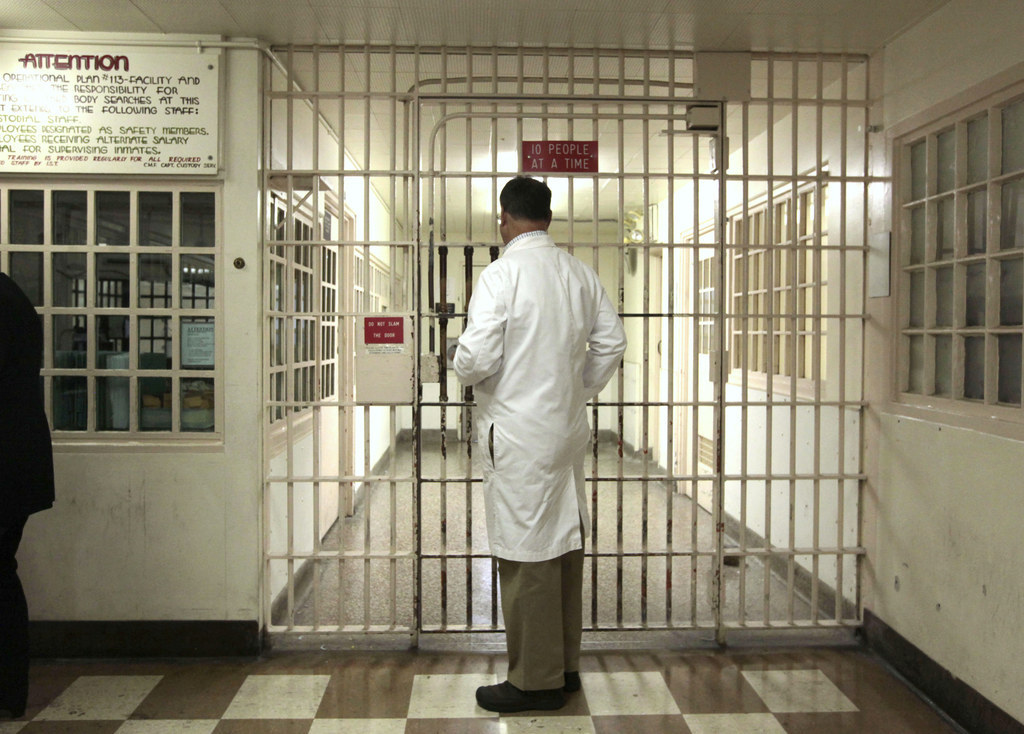
The study also found women in New York state prisons who participate in work release or have overnight trailer visits are given no access to contraception besides condoms, thus increasing the likelihood of pregnancy while in prison.
Women who use hormonal contraception for medical reasons like uterine bleeding or abnormally painful periods often have limited to no access to it once in prison.
"The recent population explosions in women's prisons has made them one of the largest distributers of reproductive healthcare in the nation," Tamar Kraft-Stolar, the director of the Women in Prison Project, told BuzzFeed News.
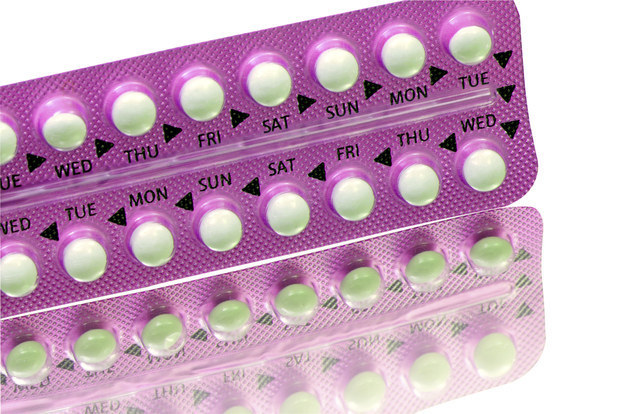
"The U.S. currently incarcerates more women per capita than any other country in the world: we have less than 5% of the world’s women yet nearly 33% of the world’s incarcerated women," the report states.
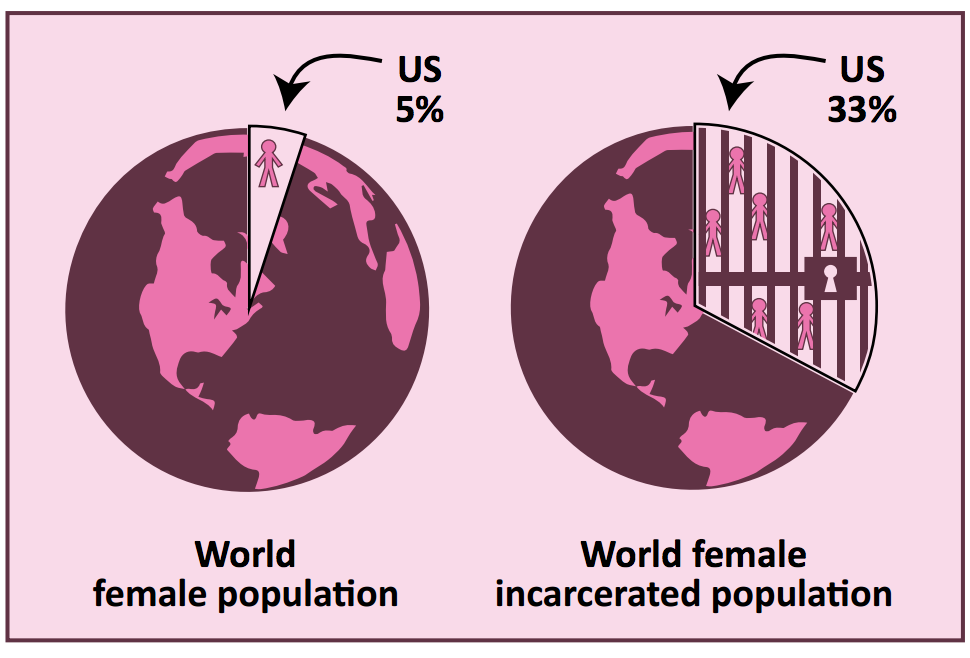
The report found that the U.S. women’s prison population rose about 900% from 1977 to 2013, a 36-year time span.
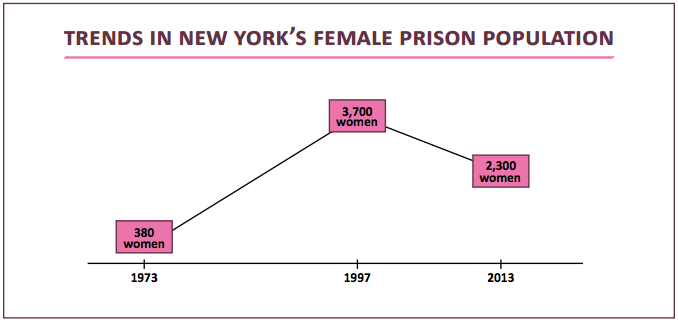
Some other interesting facts in the report include:
• The median annual income of women in New York's prisons before incarceration was $8,000.
• 41% were unemployed prior to their arrest.
• 62% are women of color, even though women of color make up only 35% of New York's female population.
• 43% do not have a high school diploma.
• 70% had a substance abuse problem prior to incarceration.
• 39% have been diagnosed with a serious mental illness.
• 90% experienced physical or sexual violence in their lifetimes, 80% were severely abused as children, and 75% suffered serious physical violence by an intimate partner as adults.
• 54% have a serious or chronic illness.
• 70% are mothers. About 63% were living with their children before arrest, and 43% were caring for their children on their own.
• 15% are 50 years old or older, more than double the number in this age group 10 years ago.
"This report reveals the criminal justice system's underlying racism and targeting of marginalized and impoverished communities, and our society's destructive mis[use] and overuse of incarceration as a response to problems that are, at their root, social and economic," Kraft-Stolar told BuzzFeed News.
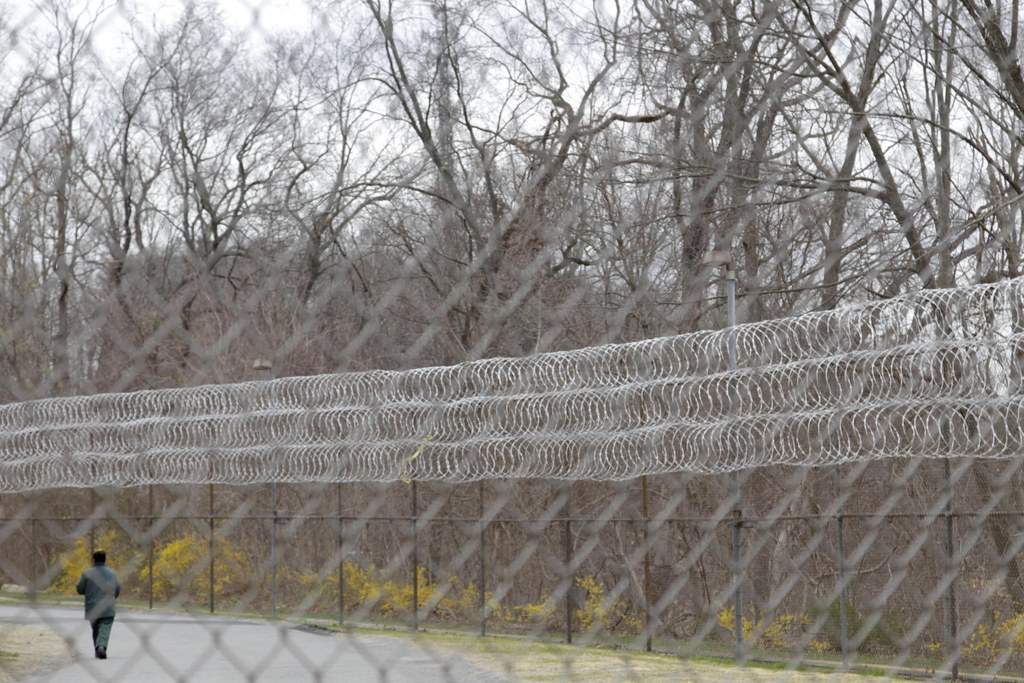
"This report identifies a problem faced by incarcerated women around the country, not just in New York," Kraft-Stolar added, "and reveals the larger problems America's justice system has to face."
BuzzFeed News has reached out to the New York State Department of Corrections and Community Supervision for comment.
